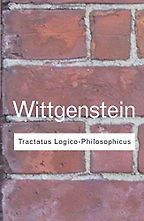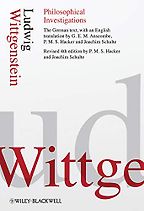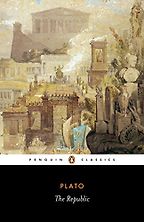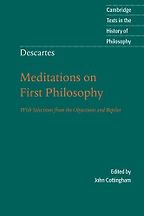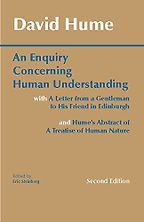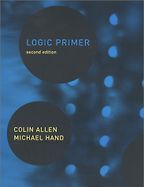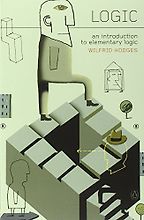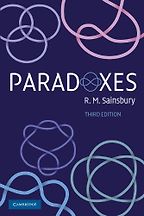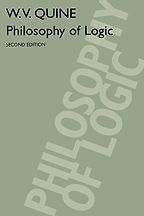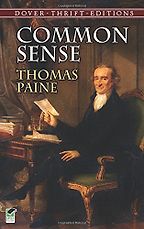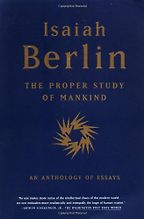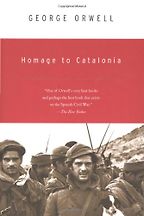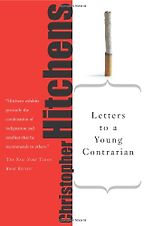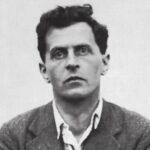
Books by Ludwig Wittgenstein
Ludwig Wittgenstein was a remarkable man in many ways. Born into an immensely wealthy Viennese family with strong cultural connections, he gave away most of his inheritance, and switched from studying aeronautical engineering to philosophy, initially with Bertrand Russell as his tutor at Cambridge. He fought with the Austrian army in the First World War, during which he wrote parts of the Tractatus Logico-Philosophicus, a book which was taken up almost as a Bible by the Vienna Circle. Then, thinking he’d solved all the major philosophical problems, he built a modernist house for his sister and trained as a school teacher. He later returned to Cambridge as a lecturer and something of a cult figure, attracting disciples, many of whom adopted his mannerisms. His posthumous Philosophical Investigations is still celebrated as one of the major works of 20th-century philosophy, though readers still dispute exactly what various passages in it mean.
If you’re looking for a biography of Wittgenstein, Ray Monk’s Ludwig Wittgenstein: The Duty of Genius is a superb and very readable biography that provides insights into the man and his intellectual milieu. It’s one of the best philosophical biographies around and we highly recommend it.
“Wittgenstein’s book is about how we understand the thinkable and the unthinkable, which is a traditional philosophical problem…Wittgenstein is building his philosophy—trying to solve philosophical problems—by starting with the conception of what language can and should do that is embedded in formal logic. It’s not the natural language approach to talking about the world; it’s the formal logic approach to talking about the world. Wittgenstein uses this starting point to get to some very big conclusions.” Read more...
Tom Stoneham, Philosopher
“He’s somebody who deliberately tries to provoke you to thought, rather than doing the thinking for you. There are big gaps between what he says which you’re supposed to fill in by your own reasoning and either move along with him or disagree with him. It’s a really interesting, important book in the history of philosophy. It can be irritating too, because it’s far from obvious some of the time what he is getting at. And sometimes his style of writing can be a little too indirect. I think, though, that he would have been glad to know that people are still discussing it and arguing about what he meant nearly seventy years after it was published.” Read more...
Key Philosophical Texts in the Western Canon
Nigel Warburton, Philosopher
Interviews where books by Ludwig Wittgenstein were recommended
Key Philosophical Texts in the Western Canon, recommended by Nigel Warburton
Even if you’ve never studied philosophy, it’s nice to be able to read a few books and get a sense of what it’s all about. Here, we asked our philosophy editor, Nigel Warburton, to talk us through five key works of Western philosophy—many of them in the public domain and available for free as ebooks—and explain why, despite one or two odd conclusions or quirky writing styles, they’ve played such an important role in expanding our understanding of the world.
The best books on Logic, recommended by Tom Stoneham
Logic is an excellent form of mind-training because it involves a very particular way of thinking and focus on truth. But how does it work and what are its limitations? Tom Stoneham, a professor of philosophy at the University of York, picks some great books for anyone who wants to learn more about logic.
The best books on The Leaderless Revolution, recommended by Carne Ross
Our political and economic systems are inadequate and failing. But what can we do? The author of a new book on the subject tells us what inspired his involvement in the Occupy movement and how a leaderless revolution could work
